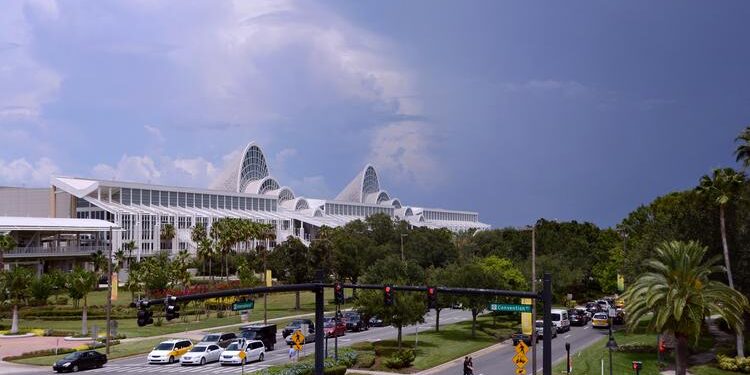By Richard Bilbao
Orlando Business Journal
If you like the political debates on TV now, it will only get better in 2018 when the next Orange County mayoral race comes around.
That’s because one of the hottest topics that mayoral candidates will face will be something the region’s tourism industry will be hungry to hear their stance on: the future of the tourist development tax and its usage.
“That tax will be one of the key issues of the 2018 mayoral campaign,” said Angel de la Portilla, president of Central Florida Strategies Inc. and a government consultant. “The next mayor of Orange County will serve from 2019 to 2026 when most of the debt is paid on the Orange County Convention Center, and be faced with the power to control that [now-unencumbered] tourist development tax.”
He said that tax could be hundreds of millions of dollars in a few short years after the county’s debts get paid, and it will become a target funding source for many projects and organizations looking to tap into it.
“Here’s the thing, in 10 years there’s going to be a huge money problem in town — there’s going to be so much money [the county] won’t know how to spend it. The big question will be: How do you use tourist development tax wisely to provide a return on investment to enhance our tourism and our economy? That is going to be one of the major stories of the mayoral race in 2018,” he said.
The tourist development tax is already being targeted to help fund several groups — the latest coming from a Central Florida Hotel & Lodging Association proposal. The hotel organization’s proposal details a plan to provide funding for Visit Orlando, the Orange County Convention Center, the Orlando Citrus Bowl, the Dr. Phillips Center for the Performing Arts and more.
However, Orange County Mayor Teresa Jacobs, in a letter to county commissioners on April 6, suggested county leaders wait to see the results of an ongoing process to add an amendment to the county charter that would implement a new application and evaluation process for any requests for tourist development taxes. The amendment is expected to be on the November ballot and, if approved by voters, would go into effect on Jan. 1.
If approved by voters, the proposal would require projects to clearly state how much business impact they will create, so it can help Orange County leaders make better calls on how to spend resort tax dollars.
But the real action will begin years from now when Orange County has a better idea of how much resort taxes are expected to free up, as long as there are no new commitments made that use the funds.
